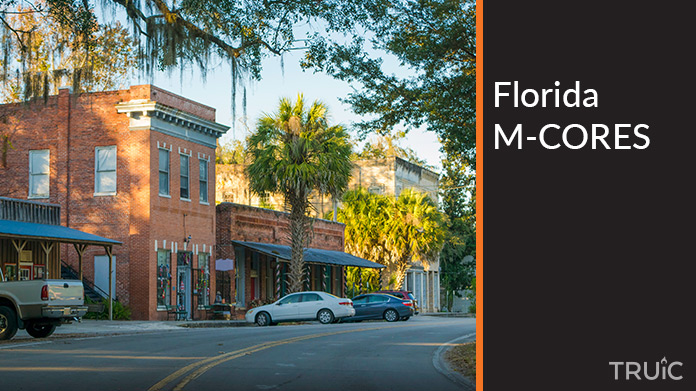Florida M-CORES: A Beacon of Rural Development and Connectivity
In a period where economic revitalization was a pressing agenda, the Florida M-CORES program emerged as a beacon of innovation and progress. This initiative was not merely focused on rejuvenating rural communities but also played a pivotal role in fostering job creation and enhancing connectivity, all while upholding a strong commitment to environmental protection. The program’s ethos of nurturing regional development resonates well with the business vigor seen in the establishment of Florida LLCs, entities that have significantly contributed to the flourishing business landscape in the state, fostering innovation and economic growth.

The Genesis of the M-CORES Program
The M-CORES program was a visionary initiative that sought to breathe new life into rural communities. Though the specifics of the program are not detailed extensively, it can be inferred that the initiative involved substantial infrastructure development, community engagement, and economic strategies to spur regional growth and connectivity.
A Catalyst for Job Creation and Economic Growth
The M-CORES program was not just about building roads and infrastructure; it was about creating opportunities. By fostering job creation, it aimed to bring prosperity to rural communities, akin to the economic dynamism seen in business formations in Florida, which have been instrumental in fostering business growth and innovation in the state.
Environmental Protection: A Core Principle
In its mission to revitalize rural communities, the M-CORES program maintained a strong commitment to environmental protection. This approach ensured that the development initiatives were sustainable and harmonious with the natural ecosystems, paving the way for a future where economic growth and environmental conservation go hand in hand.
The Legacy of the M-CORES Program
Though the original platform that hosted detailed information about the program is no longer available, the legacy of the M-CORES program lives on. It serves as a testament to the potential of well-planned economic initiatives in fostering regional growth and connectivity, leaving an indelible mark on the communities it aimed to serve.
Conclusion
The Florida M-CORES program stands as a remarkable initiative in the annals of Florida’s economic development history. Its vision for rural revitalization, job creation, and environmental protection continues to inspire current and future generations to work towards a prosperous and sustainable future.